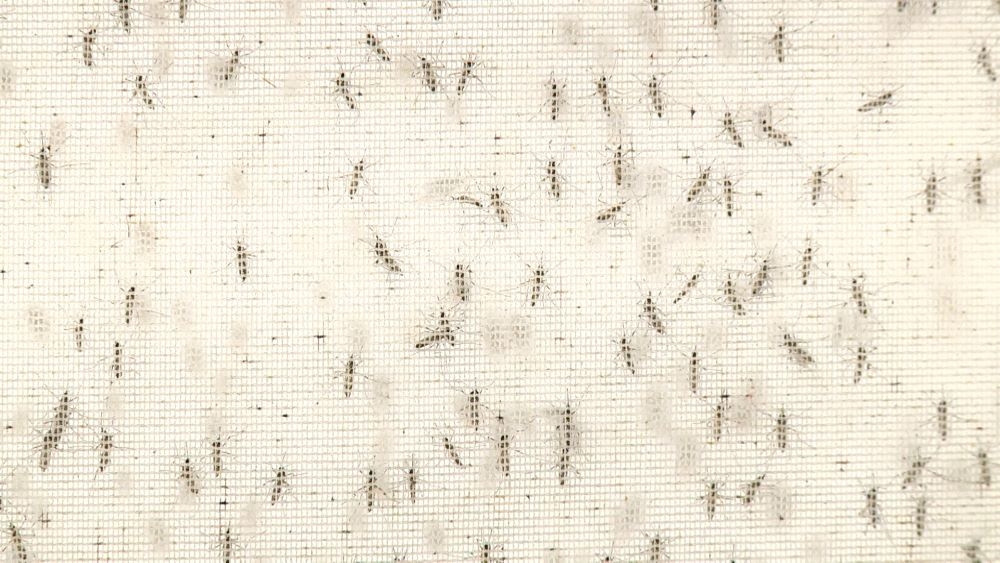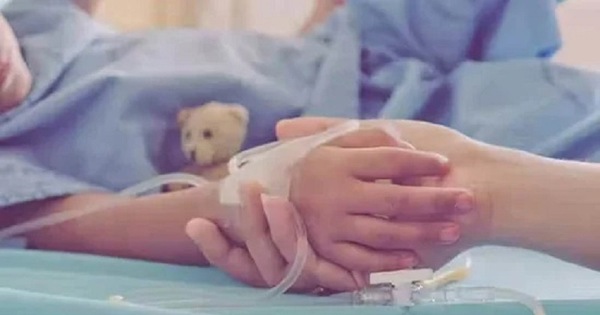Causes of renal colic pain
Renal colic can be caused by kidney stones, dehydration, kidney injury, or even kidney cancer.
The kidneys are organs located in the upper abdomen, below the ribs, toward the back, belonging to the urinary system. The function of the kidneys is to filter the blood by removing waste products, balance fluid levels, and keep electrolyte levels under control. Kidney stones are formed when the amount of urine is too little or the concentration of minerals in the urine is high, deposited, for a long time forming stones.
Kidney pain is also known as renal colic. Locations of kidney pain can affect such as in the middle of the back, on either side of the spine and just below the ribcage. Sometimes, the pain will affect the hypochondrium (one side of the body between the upper abdomen and the back). Renal colic can be unilateral or bilateral. People with acute kidney pain, if left untreated, the pain can progress to chronic.
Kidney pain can be accompanied by a dull ache, fever with chills, pain when urinating, blood in the urine, body aches, fatigue, nausea… There are many different causes. causes renal colic, some of which are acute and others chronic.
Kidney stones
Kidney stones are one of the most common causes of kidney pain. Kidney stones develop when pieces of stones in the blood clot as they are filtered through the kidneys. The pain of renal colic is caused by the stone moving downstream through the bladder to the urethra, the pain is more obvious when the urine is out.
The pain from kidney stones is usually severe and is felt in the back or flank area. The pain may also be accompanied by nausea, vomiting, fever, chills, pain when urinating, frequent urination, and blood in the urine.

Renal colic occurs for many reasons. Image: Freepik
Urinary tract infections
Urinary tract infections are caused by bacteria entering the urinary tract causing pain when urinating, frequent urination, and difficulty urinating. In many cases, a urinary tract infection can lead to a fever. Most UTIs affect the bladder and urethra, but in some cases the infection can travel upstream and affect the kidneys. This type of infection is called pyelonephritis.
Pyelonephritis causes pain in the back, flank or groin area. Patients with pyelonephritis will often have fever, chills, frequent urination, urinary frequency, blood in the urine, and foul-smelling or cloudy urine.
Dehydration
Dehydration is a condition in which water intake is less than what the body uses during the day. Dehydration can cause kidney pain. People who are dehydrated often experience symptoms such as severe vomiting and diarrhea, excessive sweating or urination, or certain health conditions such as diabetes.
Renal colic due to dehydration tends to be dull and painful in the middle of the back or on both sides. In addition, people with kidney pain due to dehydration may also experience fatigue, headache, excessive thirst, sunken eyes, dizziness, decreased urination, and dark urine. Severe cases can cause rapid heart rate, rapid breathing
Kidney injury
Kidneys can sometimes be physically injured if an unfortunate person falls while playing sports, a fall or a car accident can also cause kidney injury. Injury to the kidney often results in a dull, aching, or sharp pain, depending on the severity of the injury.
The pain may not be immediately apparent but will usually progress over hours or days. In addition to pain, the area of the injury may have local bruising, tenderness to the touch, nausea or vomiting, and blood in the urine.
Polycystic kidney disease
Polycystic kidney disease is an inherited disorder that causes fluid-filled cysts to form inside the kidneys. Over time, the accumulation of cysts causes the kidneys to enlarge, causing chronic pain in the back, side, or flank. Polycystic kidney disease can affect both kidneys.
Because the kidneys are involved in blood pressure regulation, people with polycystic kidney disease often have high blood pressure. Other possible symptoms include headaches, blood in the urine, a feeling of fullness, and an increase in the size of the abdomen. People with polycystic kidney disease are at increased risk of kidney stones and kidney failure.
Kidney cancer
Another less common cause of kidney pain is kidney cancer. People who experience renal colic due to kidney cancer often have renal cell carcinoma, 9 out of 10 cases.
Kidney cancer often has no symptoms in its early stages and only causes symptoms when the disease is advanced. As symptoms develop, the person often has pain in one side or lower abdomen, chronic fatigue, blood in the urine, and unintended weight loss.
Mr. Chi (Follow Very Well Health)
at Blogtuan.info – Source: vnexpress.net – Read the original article here



